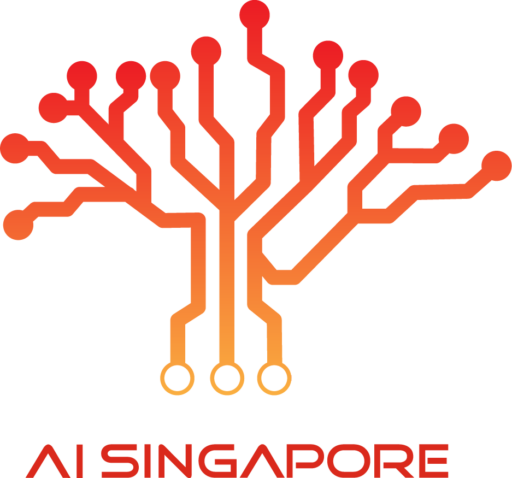Self-aware Continuous Learning Models

Project Description
Learning continually, to accumulate knowledge, is one of the prominent features of human intelligence. Unlike this, deep learning-based AI models are mostly static under a strong assumption that all the distributions are known apriori and are pre-defined in the training data. However, the real-world is uncertain, volatile, and full of unknowns. Although there are independent bodies of research in detection of unknowns and representational adaptations, there is a huge gap in models that are capable of seamlessly detecting and adapting their representations with unknowns. This proposal aims at developing Self-Aware Continuous Learning Models (SACoLM) that are continuously aware of their representations, detect novel distributions that are unknown to them, estimate the complexity of the unknown distributions, choose relevant data to represent the unknown distributions and adapt themselves to represent these previously unknown distributions without catastrophically forgetting any previously learnt distribution. The project will build AI models that learn throughout life, to enable critical applications that warrant dynamic and up-to-date decision making, in diverse application domains.
Research Technical Area
- Lifelong Learning
- Drift Detection
- Bayesian Modeling
- Meta-Learning
- Unsupervised Learning
- Self-supervised Learning
- Streaming Time-series Data Analysis
Benefits to the society
The proposed approach is beneficial in several real-world applications involving image (such as medical image analysis and semiconductor defect detection) and time-series data sets (fault diagnosis and prognosis of systems in engineering assets using IoT Sensor data and prognosis of patient condition in healthcare using EHR) with drifting characteristics.
Project’s Publications
–
Team’s Principal Investigator
Dr Li Xiaoli is the Department Head and Principal Scientist at Institute for Infocomm Research, A*STAR, where he manages 130 AI scientists to generate fundamental AI research outcome, as well as economic and social impact. He also holds adjunct full professor position Nanyang Technological University. He has been a member of ITSC from ESG Singapore/IMDA, and AI Technical Advisor for SNDGO.
He has also served as joint lab directors with a few major industry partners. He has published 300 AI related papers, serving as the Chair of some leading AI/data science conferences. He serves as editor-in-chief of Annual Review of Artificial Intelligence, and associate editors of IEEE Transactions on Artificial Intelligence, and Knowledge and Information Systems. He has been identified as the world’s top 2% scientists in AI domain by Stanford university.


